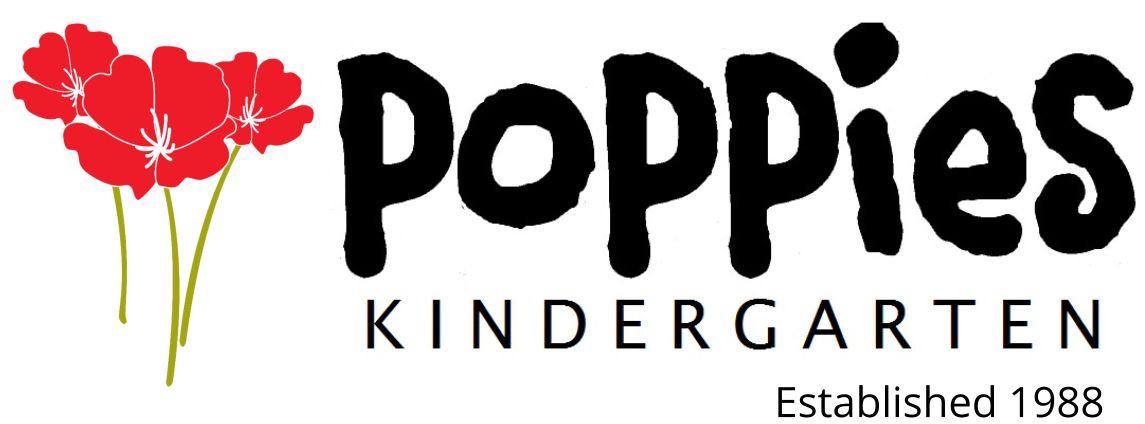Transition To School Program
The Poppies Transition to School Programme integrates Te Whariki (the Early Childhood Curriculum of NZ) with the New Zealand Curriculum Framework (the Curriculum for NZ schools).
At Poppies we offer a specialised Transition to School program twice a week, in a separate classroom, taken by trained Primary School and ECE Teachers. On your child’s first day in transition classes, he/she will be equipped with a stationary kit. This kit includes, a book bag, a homework folder and a writing book.
Our aim is to ensure your children are well prepared and confident to start school, with a solid foundation in the academic skills of early literacy & numeracy, as well as social skills. We introduce children to the idea of applying themselves to a task and remaining focused on it right through to completion. We regularly receive positive feedback from parents about their child’s successful start to school.
We aim to support the children to make their transition to school as smooth as possible – preparing children both socially, emotionally and educationally for the next steps in their journey. We have ongoing relationships with local schools and parents are provided with enrolment information. We have a Transition to School board in our foyer which shows what the children are learning each week. We also have a Starting School Board which shows which schools each child graduating is attending.
During these classes the teachers provide more complex challenging and stimulating group activities to further develop and extend their skills in fun and interactive ways. We focus on improving skills in the following essential learning areas in preparation for school:
Communication, Language and Literacy: children gain an increasing ability to soak up knowledge, to convey and receive information, instructions, and ideas effectively and confidently by listening, speaking, and using visual language in a range of contexts. Our programme introduces the children to writing letters and numbers using the hugely successful and fun Casey Caterpillar programme and Jolly Phonics.
Mathematics and Numeracy: children are able to develop competence in more complex mathematical concepts and enjoy using them in a variety of ways – exploring mathematical concepts encourages creativity, perseverance, and self confidence.
Information and Listening: children develop more complex abilities to question, locate, and process information and to see people, books, and other media as resources. Children develop more complex reflective and creative thinking as they contribute ideas and try them out with others.
Self-management and Competition: as children explore, they show initiative, commitment, perseverance, courage, and enterprise and they adapt to new situations. Children also develop constructive ways of dealing with a challenge, competition, and success and failure, developing some skills of self appraisal and self-advocacy.
Social and Co-operative: children take some responsibility as members of a group in a common task, developing good relationships with others and demonstrating respect for the rights of others. Work and Study: children develop confidence to manage some tasks independently and are able to pay attention in spite of distractions.
Midline Activities: Bilateral coordination is the ability to use both sides of the body at the same time and is a vital skill for our daily life. Midline activities help develop Bilateral co-ordination to help with skills as reading (tracking across a page), writing (developing a dominant hand), cutting, putting on shoes and socks and improving gross motor skills such as ball handling etc. Crossing the midline promotes the coordination and communication of the left and right hemispheres of the brain.
Our aim is to not to push children into “academic” work, rather more, to provide opportunities for those children who are interested and ready.
Additional charges apply for our specialised Transition to School program – please refer to our Centre Manager for more information.
“Poipoia te Kakano Kia puawai.”
Nurture the seed and it will blossom.
